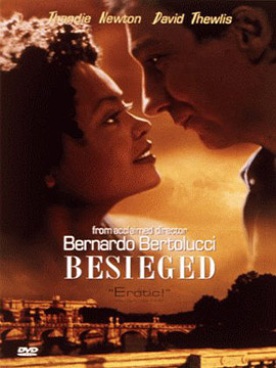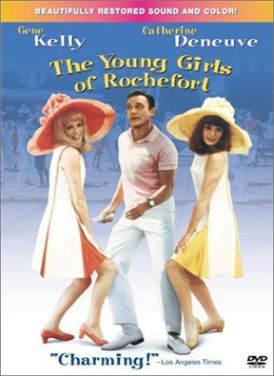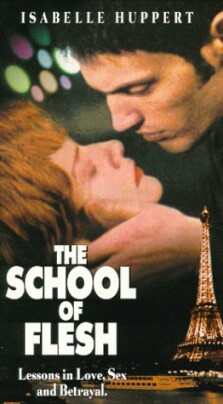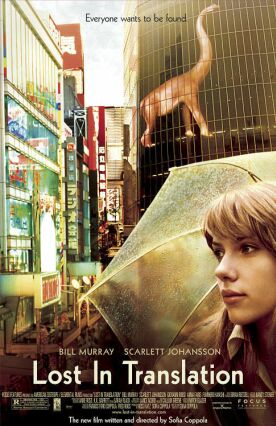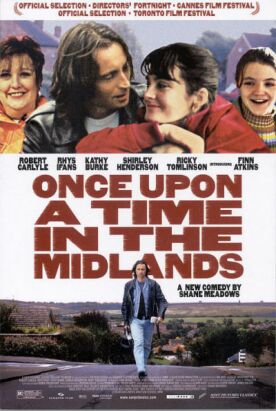Besieged
Besieged, like so many other films by its director, Bernardo Bertolucci, is dramatically simple and visually complex. More than any other director working today, Bertolucci is a story-teller in pictures, which makes for striking and memorable images that are forever bursting out of their contexts and becoming saucily incoherent, at least in any kind of traditional, joined-up way that might expect the story-line to remain a line and not a random collection of points. His style makes it remarkable that Besieged has as much of a story as it has. David Thewlis plays Jason Kinsky, a shy English pianist living in Rome who suddenly develops a passion for his young housekeeper, Shandurai (Thandie Newton), a medical student who is also a refugee from the dictatorial rulers of an unnamed African country. Not realizing that she is married to one of the régime’s political prisoners, he asks her: “What do I have to do to make you love me?”
She replies, savagely: “Get my husband out of jail.”
This, it seems, he proceeds to do, and the film then becomes a meditation on the paradox of her implied promise as well as a parable of the relationship between Europe and post-colonial Africa. Unfortunately, the paradox is too easily, even simplistically resolved and the fable suffers as a result. There is no necessity for her to betray her husband out of gratitude for his release, and Kinsky does not expect her to do so. The coming together of the personal and the political in the end thus seems gratuitous and arbitrary—not something that can any longer be construed as implying anything very much about the continuing African dependence on Europe and the West. Of course, that dependence and its pernicious effects are so much articles of faith among Western intellectuals that Bertolucci must have thought that they hardly needed to be established.
Still, as always, it is fun to look at the pictures and to admire the author’s boldness of conception. This conveys itself particularly in the casting of Thewlis, one of the world’s most verbal actors, in the role of a tongue-tied, almost mute musician who often seems to have nothing but the sincerity of his artistry to distinguish him from a creep and a sexual harasser, if not a stalker, and nothing but his sacrifice of same to testify to the purity and selflessness of his love. These ambiguities are much more successfully established than the political and racial themes which only serve to confuse and unnecessarily complicate the human story.
“I don’t understand you; I don’t understand your music,” complains Shandurai to her employer and would-be lover, and the supposed barrier between them is reinforced by recurring shots of a picturesque and nearly toothless African musician or griot (J.C. Ojwang) singing a native lament for suffering that could be thousands of years old. Chopin really is a creature from another world. Yet the barrier can also, apparently, be effortlessly breached by Kinsky’s popping a Coltrane CD on the stereo and introducing some rhythmic invention into one of his own compositions. If you’re trying to seduce an African girl, I guess, nothing works so well as a nice bit of rhythm. As in its political aspect, here the film comes perilously close to suggesting merely facile answers to some serious questions.
This may be one of the consequences of its emphasis on the visual over the intellectual. It is hard to reach very deep when you are looking toward the next picture. But you have to know how to watch a film like this, and there is no reason why the intellectual faculties need to be brought on to spoil a magical scene in which Kinsky invites Shandurai along with “some friends” to what turns out to be a farewell recital of his jazz-influenced composition. The “friends” turn out to be a gang of the mostly untalented kids that he gives lessons to; they all leave to play in the garden except for one who falls asleep. At last, Kinsky leaves the piano and wins the children’s attention by juggling fruit, while Shandurai is distracted by the telegram announcing her husband’s release. This scene alone makes the film worth seeing.
Discover more from James Bowman
Subscribe to get the latest posts to your email.

